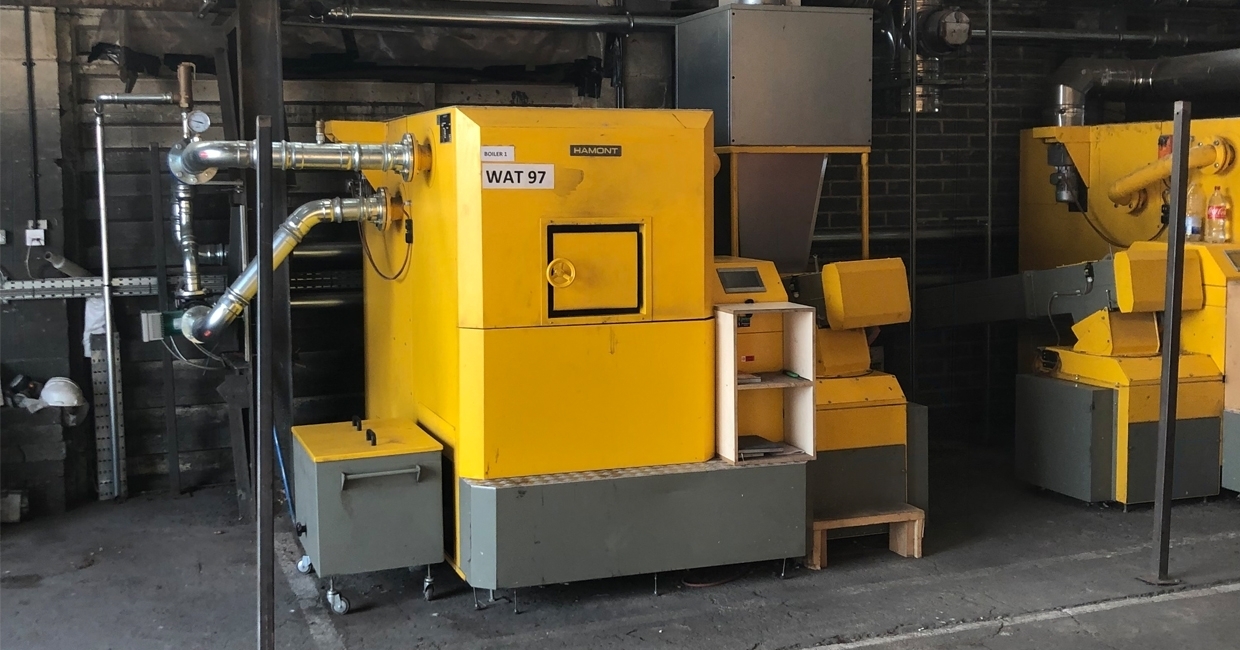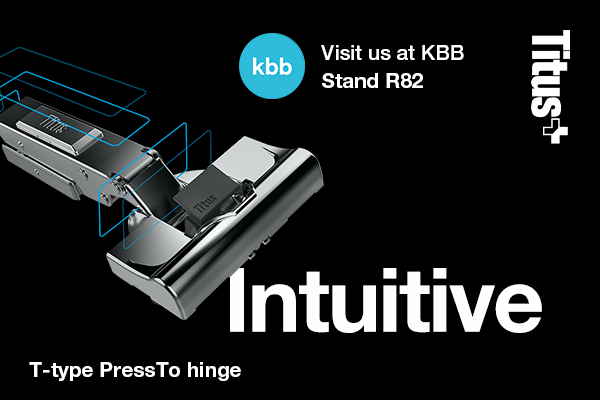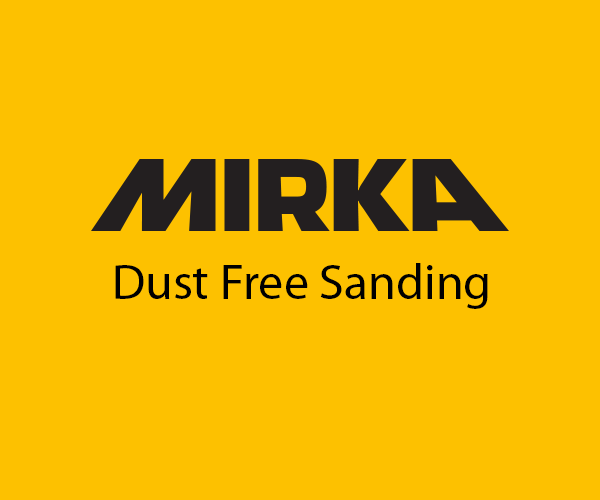Well, the simple answer is nothing! There currently is no national scheme to encourage the use of Renewables in the form of Biomass.
Chris Franklin Chairman at Ranheat Engineering Ltd – a leading UK manufacturer of wood combustion equipment – continues his series of articles exclusively for Furniture and Joinery Production. This month, he writes about the ending of the Renewable Heat Incentive.
Within the British Woodworking Industry, as long as companies continue to manufacture products made from wood or wood-based products (Chipboard, MDF, MFC, etc.) there will always be large volumes of wood-waste being produced as a by-product of the wood machining process.
The first thing is that you need a permit, as outlined in the guidance note PGN 602, to produce items from wood or wood-based products. The limit is 1,000m³ per year. If you process more than 1,000m³ in 12 months, then a part B permit is needed. Any wood combustion system can be added to this permit at any size. This permit is regulated by Environmental Health.
If you are below this limit, then a permit or exemption is needed if the appliance is unable to burn more than 50kgs per hour. You can obtain an exemption from the EA. Over 50kgs, you will need a permit for a SWIP (small waste incineration plant). These various permits and permissions are needed even if you are burning virgin timber, as the by-product from a wood manufacturing process is still classified as waste and needs to be regulated.
Certain types of wood waste can have a high value, such as clean whitewood shavings, often used for bedding animals, but the wood dust from man-made boards often produces a fine dust that is difficult to handle and expensive to dispose of.
Landfill tax went up to £126.15 on the 1st of April 2025. This substantial increase, primarily to account for inflation, aims to encourage waste reduction and recycling by making landfill disposal more expensive. The new rates apply to hazardous and non-hazardous waste (standard rate) and inert waste like concrete and glass (lower rate). In addition to the tax to the Government are the gate fees to the landfill site and the transport costs of getting it there.
The Renewable Heat Incentive, as its name suggests, was a financial incentive to use wood as a fuel for process and heating. The RHI was a twenty-year scheme (payments made for 20 years), but the scheme closed for new applicants on the 31st March 2021. There were some COVID extensions, but these have all expired.
Another aspect of the scheme (which is administered by OFGEM) is that to qualify for payments you needed to prove that you had the various permits to burn waste in place, as well as planning permission for the chimney and chimney height approval from the Local Authority (Environmental Health)
Unfortunately, there were some “rogue” suppliers who supplied equipment to people in the woodworking industry that were, by the manufacturers own admission, unable to burn wood waste and fine dusts. In many cases, they were only suitable for pellets or wood chips. These suppliers (now mainly disbanded) also failed to inform their customers of the need for permits, planning and chimney height approvals. As a result, OFGEM have been holding back payments on the RHI scheme as the systems are operating illegally without the correct planning and permits in place. The payments that fall due in this period are lost.
The RHI scheme closed in Northern Ireland prematurely and was known there as the “Cash for Ash” scheme. The scheme closed in 2016 due to alleged misuse.
As wood waste is considered a “waste” product, its use in animal bedding is regulated and requires a permit from the regulator. A recent case saw Natural Resources Wales rule that treated waste wood (such as chipboard and MDF) cannot be used in animal bedding, so this included all waste from manmade boards.
This ruling will most likely be adopted by the Environment Agency in England and SEPA in Scotland.
There are companies looking at turning MDF waste boards into fibre insulation for housing, but not the fine dusts associated with machining MDF, etc.
Ranheat carried out its first installation, burning MDF “flour” in the 90s. Still, the best use for these fine dusts is as a source of energy on the site where the dust is produced. Combustion systems are either as a boiler (water-based heat exchanger) or as a warm air variant.
Ranheat are also working with partners using the Organic Rankine Cycle or ORC to produce electricity as well as heat for a factory, or process.
The ruling on animal bedding and the closure of the RHI are two factors that are encouraging companies in the UK woodworking industry towards using this valuable fuel on-site.
For further information on all types and sizes of Industrial Woodburning equipment from 75 kW upwards, contact Ranheat on 01604 750005 or [email protected]
Ranheat also make spares and service and repair other makes of woodburning boilers and heaters.









